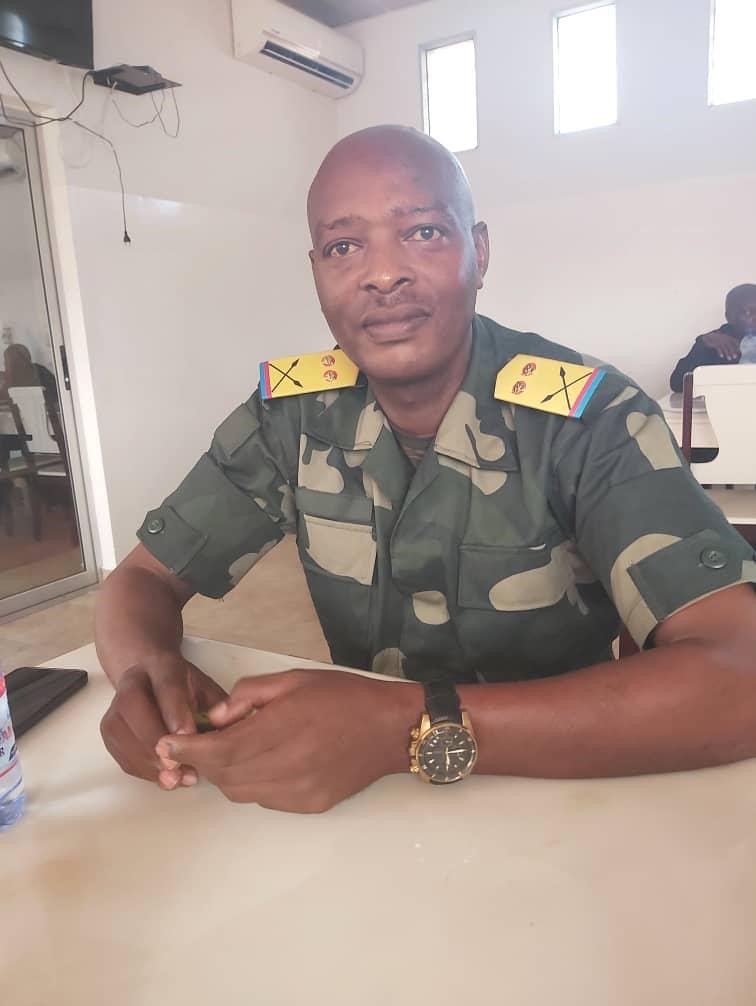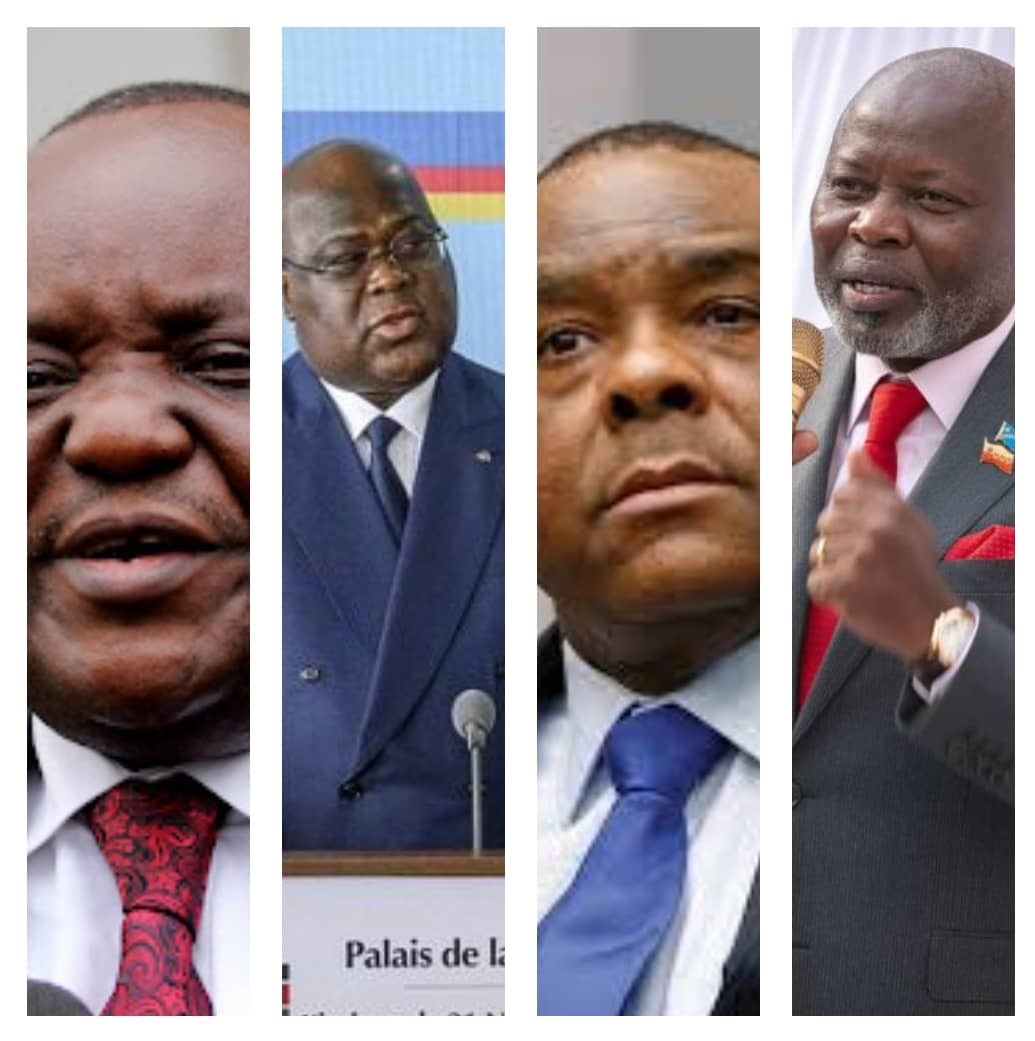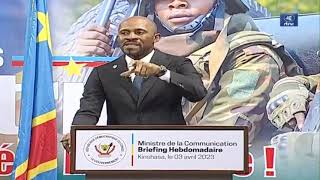Regional
Rwanda: Habyarimana’s assassination was the talk of town since 1992
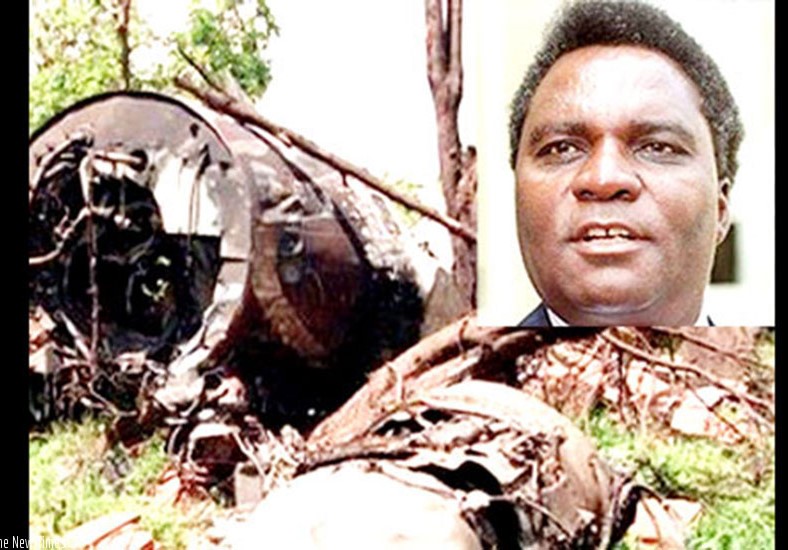
Four
weeks after Nazi leader Adolf Hitler was sworn in as Chancellor of the
Reichstag, the German Parliament building was set on fire and burnt down on
February 27, 1933. An atmosphere of panic and terror followed. Many decrees
were signed to oppress the opposition, especially Jewish people who were not
allowed to have properties in Germany.
In
Rwanda, the Hutu extremists around President Juvénal Habyarimana were against
any Peace Agreement between the Government and the Rwanda Patriotic Front,
three decades ago.
They
created chaos to disrupt the negotiations and after President Habyarimana signed
the Arusha peace agreement, he became a target for Hutu extremists. The plot to
assassinate Habyarimana became public in 1992 after he demobilized senior
officers including the chiefs of staff of military and gendarmerie: Col Laurent
Serubuga, Col Pierre Celestin Rwagafirita, Col Theoneste Bagosora, as well as
Col Bonaventure Buregeya, head of national security and the cousin of the
President’s wife, and others. The then minister of defense, James Gasana, faced
with death threats, had to flee and take refuge abroad.
The
senior officers came together and found an association known as AMASASU
(Alliance des Militaires Agacés par les Séculaires Actes Sournois des
Unaristes) which means: Alliance of the Military Annoyed by the Age-Old Devious
Acts of the Unarists. This association started a violent campaign of opposition
to the merger of the two armies (RPA and ex-FAR) and the withdrawal of the FAR
soldiers
In December
1993, following the arrival of the RPF delegation to take part in the
transition government as per the Arusha Peace Agreement, Kangura newspaper predicted
that the death of Habyarimana would take place in March 1994, stating that the
perpetrator would be a Hutu. Kangura reported that Habyarimana will be killed
in either of the following ways: 1. he will be shot during mass; 2. he will be
shot during an important meeting which he will have attended with the other
leaders of the time.
Kangura
added that “some people will say that he [president Habyarimana] is the cause
of his own death due to the allegiance he granted to the Inyenzi and the
unseemly promises he made them. We have this information from extremely
well-informed sources. (…) Nobody loves the life of Habyarimana more than him
himself, and the most important thing for us is to reveal to him the way in
which he will be killed.”
Lieutenant
Jean de Dieu Tuyisenge who worked as an intelligence officer for the President
from 1988 to 1994, then as a secret agent in the service of Colonel Elie
Sagatwa, special secretary to the President, told the Mutsinzi Committee which
investigated the attack against Habyarimana’s plane that the idea of
assassinating Habyarimana began to be mentioned in February 1994, at the
instigation of the AMASASU group. The latter was totally against the Arusha
talks and Peace Accords.
Did
Zaire’s Mobutu Sese Seko know about the plot against Habyarimana by his
entourage?
On
April 4, 1994, Habyarimana traveled to Gbadolite to see his god father, President
Mobutu. Honoré Ngbanda Nzambo Atumba who was special adviser to Mobutu after
having been in charge of Zaire's security and intelligence services (from 1985
to 1990), then Minister of National Defense (from 1990 to 1992), wrote in his
book, “Last days of Mobutu,” that he attended the last meeting between the two
presidents in Gbadolite. He described Habyarimana as "exasperated",
"scandalized", "revolted", and "angry".
According
to Ngbanda, Habyarimana was inexhaustible, almost pathetic.
Mobutu
reassured him, promised to participate, the next day, in a new meeting of the
regional heads of state, to re-examine the situation, in Dar-es Salam,
Tanzania. Habyarimana left reassured.
According
to Ngbanda, the Dar-es-Salam regional meeting which took place on April 6, was
supposed to take place one day earlier.
Habyarimana
did not know that Mobutu would not attend the Dar Es Salam meeting following
the advice of "security specialists" who confirmed to him that the
threat of an attack must be taken very seriously. Mobutu skipped the meeting.
As
per the Arusha Peace Agreement, the new integrated army could be increased 40
per cent for RPF and 60 per cent for government. In 1994, the number of
government soldiers was more than 35,000 while the Arusha protocol on army put
the total number at 13,000. This meant that 67 per cent of the government
soldiers were about to leave the army. They were hostile towards the Arusha
Accords and the President’s decision to implement the peace agreement.



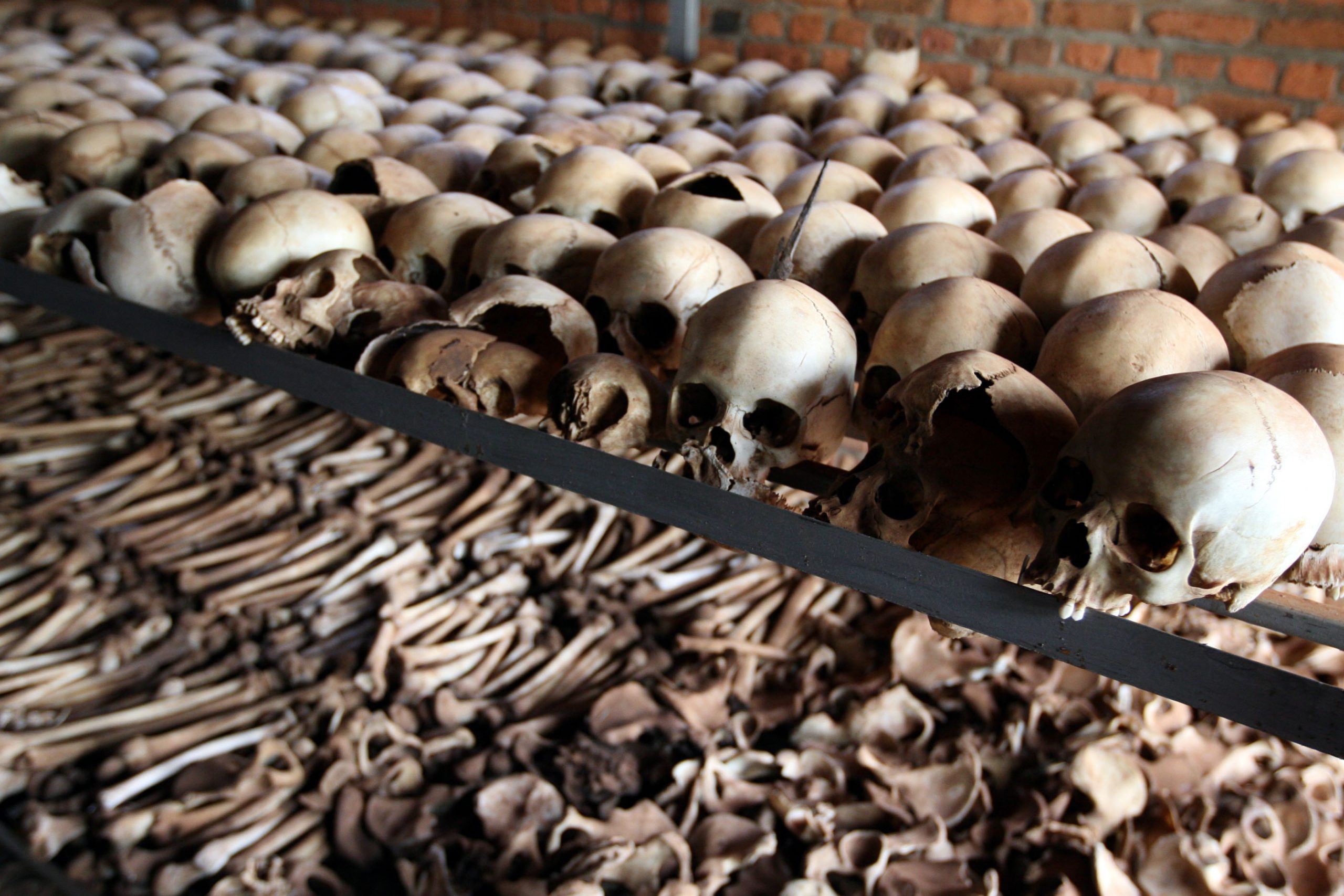
.jpeg-20230411051445000000.jpeg)
